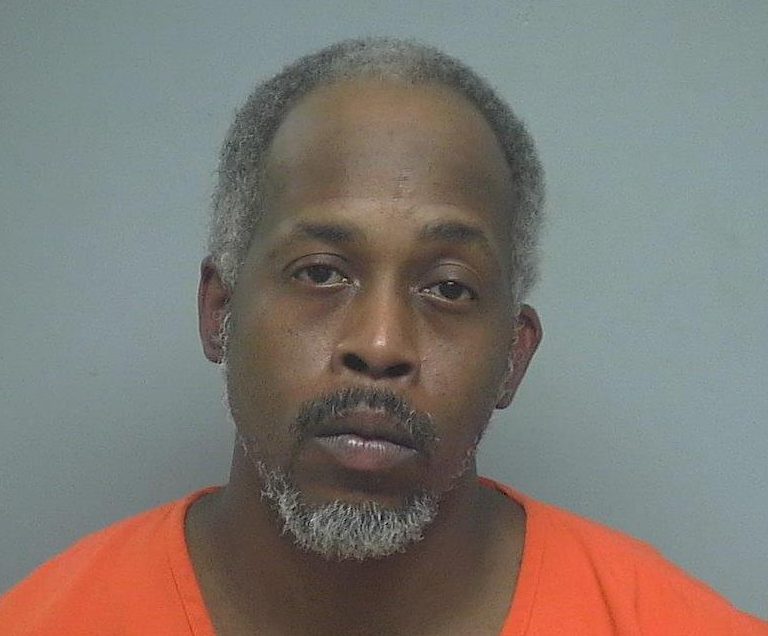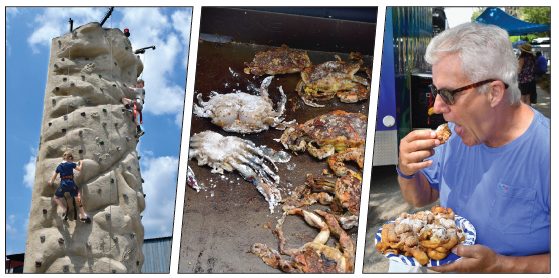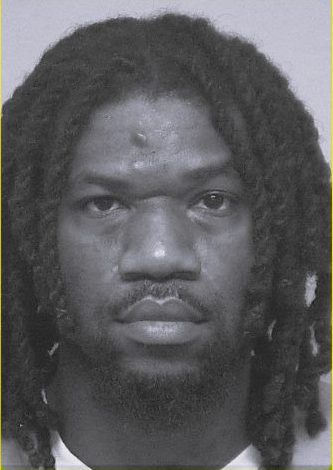State has 190 nursing homes, just 1 functional state inspection team
By Jessica Holdman and Skylar Laird
COLUMBIA – After a nurse at an Anderson nursing home noticed pain medication missing from the staff’s medical cart in February 2022, the nurse reported the missing narcotics. The state’s public health agency was called to investigate, but due to staffing shortages, it took state inspectors four months to respond, according to state records.
Meanwhile, at least three more complaints, including one instance where a patient was injured, stacked up against the Upstate home, Condor Health.
Statewide, there are about 190 nursing homes. The state agency tasked with regulating them has just one active inspection team that travels the state to check on them, though it’s close to activating a second. By federal law, each team of five must include a registered nurse, and that division of the state Department of Health and Environmental Control has just one nurse with the necessary credentials.
Even if it were fully staffed at one inspector for every 11 homes — the state-funded ratio a federal report relied on — it would still have the lowest ratio in the nation.
As a result, routine inspections required under federal law, as well as complaints requiring investigation, have piled up, according to the report published earlier this year by Democrats on the U.S. Senate Special Committee on Aging.
To fill holes, the state has increasingly relied on private contractors, a costly and potentially risky stopgap that opens up seniors and others in need of care to abuse and neglect, according to the report.
“It is a concern. But where are we going to get the people from?” state Sen. Katrina Shealy told the SC Daily Gazette.
The Lexington Republican has a history of standing up for vulnerable populations.
Still, even with help from contractors, backlogs remain. Federal law requires routine inspections for nursing homes every 16 months. As of Sept. 30, 2023, one-third of the Palmetto State’s 191 nursing homes went uninspected within the required time period, department spokesman said.
Backlog of complaints
When inspectors arrived at Condor Health in June 2022 to investigate the missing drugs, they also found evidence backing up three other complaints:
• A resident needed five staples in his head after falling in the facility’s dining room.
• Staff found a resident with dementia wandering the parking lot barefoot.
• A nurse found a resident — and possibly a nurse — drinking a beer even though alcohol is prohibited on the premises.
Altogether, state inspectors visited the Anderson nursing home 14 times between November 2020 and May 2023 for various complaints, though inspectors determined some were unfounded. It’s unclear whether all the complaints were filed immediately following the alleged incident, but in several cases, no one from the state investigated until months after the event.
Twice while inspectors were responding to complaints at Condor Health, they also conducted federally mandated certification reviews they had fallen behind on, state reports show.
A representative from the nursing home has not responded to a request from SC Daily Gazette for comment.
Under federal law, nursing homes must meet certain standards to continue receiving Medicare and Medicaid funding. States are responsible for inspecting facilities to make sure they qualify.
These routine reviews ensure residents are healthy, safe and not neglected. Since the COVID-19 pandemic, federal regulators have further tasked states with making sure nursing homes are keeping residents safe from infectious diseases.
Advocates say on-time inspections would likely prevent many of the issues that lead to complaints. Instead, states are playing catch-up after an incident happens. These lags open up residents to greater risk, the congressional report says.
At the same time, federal regulators have upped inspection requirements for nursing homes while federal funding to help pay for inspectors has remained stagnant for nearly four decades.
Shortage of inspectors
A lack of inspectors is a problem across the country. In all, 27 states said they were behind on inspections due to staffing shortages, according to the congressional report.
But South Carolina had the largest staffing gap by far.
The state’s budgeted ratio of one state-employed inspector for every 11.8 nursing homes was roughly double the rate of several states with a similar number of facilities.
Compare that to a ratio of one inspector per 5.9 homes in Mississippi, 5.7 in Nebraska and 3.1 in Connecticut. In the southeast, Alabama was at 4.5 nursing homes per inspector, Georgia was at 6.5 and North Carolina had 4.4.
“We were absolutely shocked to see how low we are (in the ranking), considering the fact that we are very much an age-friendly state that is very attractive to a retiree market,” said Charmaine Fuller Cooper, state director for the American Association of Retired Persons (AARP).
The state has taken steps to improve since the congressional report was published in May.
As of last week, South Carolina had 17 inspectors on staff, up from 11, but still just one functional team. The public health agency is in the process of getting a second nurse trained with the required inspection certification. Four other state-funded inspection positions are vacant.
A state law passed in May will divide the state’s massive Department of Health and Environmental Control (DHEC) in two, with separate agencies for public health and environmental regulations. As the agency prepares to split, the health side will be seeking legislators’ permission to increase the number of nursing home inspectors to 30, a department spokesman said.
“South Carolina is in no way unique in facing the staffing and other challenges that our entire country face when it comes to inspections. These issues exist everywhere,” according to a statement from the agency. “Like other states, we do the best with what we have and bring every resource to bear possible. Our inspectors are the front lines of patient care in these nursing facilities, and they approach that responsibility with the reverence, dedication and commitment our loved ones deserve.”
Lucrative contracts
To get by, South Carolina and a growing number of other states have used private contracts to fill the gaps. But the report raised issues with these contract companies as well.
For one, they do not guarantee a set number of inspections. As more states use them, they too become overwhelmed. In its correspondence with national lawmakers, South Carolina noted one of the largest drawbacks to using contractors is having to wait for their availability.
That means states are getting less bang for their buck. The report claims private contracts cost states more money than doing the surveys themselves. And complaints can rack up while states wait for contract inspectors to become available.
This year, South Carolina’s public health agency signed three, two-year contracts worth about $6 million with outside contractors. Teams of contractors completed about 7% of the state’s inspections between July 1, 2022, and June 30, 2023, or about 100 random inspections and complaint investigations, a spokesman said.
And because only three main companies provide these specialized, high-demand services — Ascellon, CertiSurv and Healthcare Management Solutions — states have little power to negotiate how much they pay.
The cost of a survey is much less when performed by state employees, an agency spokesman said.
The starting pay for registered nurses employed by the agency ranges from $77,000 to $80,000 annually. Based on that pay scale and number of reviews conducted, the state can spend as little as $325 per inspection.
Also, because of the steep competition for specially certified nurses, these private contractors are luring workers away from the state, further compounding the problem.
There is already a great need for nurses nationwide. South Carolina has one of the most significant projected nursing shortages, resulting in the need for 10,400 more nurses to meet demand through 2030, according to a study by the University of South Carolina.
What’s next?
The congressional report isn’t the only document giving South Carolina low marks for nursing homes.
AARP also ranked South Carolina among the nation’s worst for long-term care support. Its report, released in September, takes into account the number of nursing homes in a state, as well as their affordability, quality, support for caregivers outside of facilities and how often people in facilities interact with those outside.
Fuller Cooper, the AARP’s state director, called on the Legislature to take a closer look at ways to encourage more inspectors to apply, along with addressing issues plaguing the nursing homes themselves, such as staffing shortages.
“We need to make sure that there’s a sense of urgency from our elected officials,” Fuller Cooper said.
Sen. Tom Davis, who sits on the Senate Medical Affairs committee, believes restructuring of the state agency overseeing nursing homes will help.
Once lawmakers have a better idea of the agencies’ needs, they can start allocating money accordingly, the Beaufort Republican said. A consulting company is in the process of analyzing what the state will need to do as it splits its environmental and health agency in two.
“This report will just be something else that we have to look at and consider when we’re deciding how to appropriate a finite amount of dollars,” Davis said.
Jessica Holdman writes about the economy, workforce and higher education. Before joining the SC Daily Gazette, she was a business reporter for The Post and Courier.
Skylar Laird covers the South Carolina Legislature and criminal justice issues. Originally from Missouri, she previously worked for The Post and Courier’s Columbia bureau.












